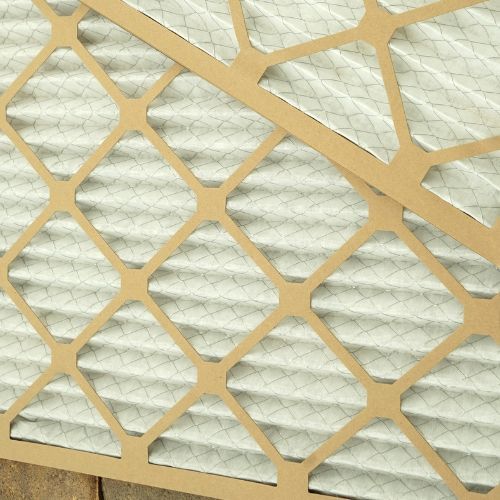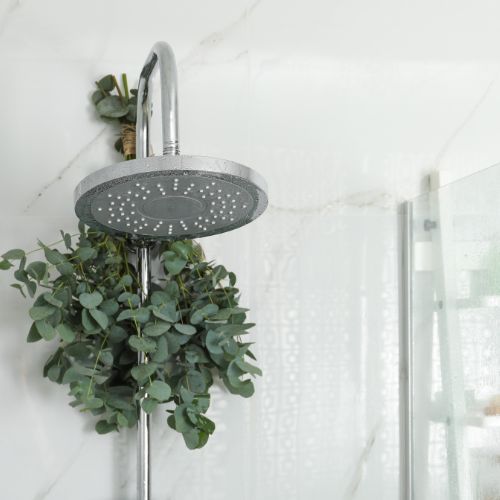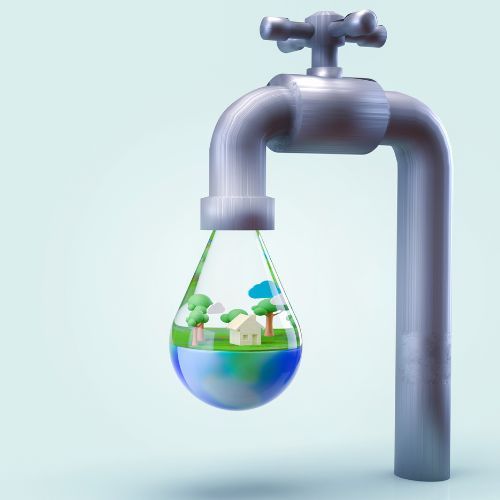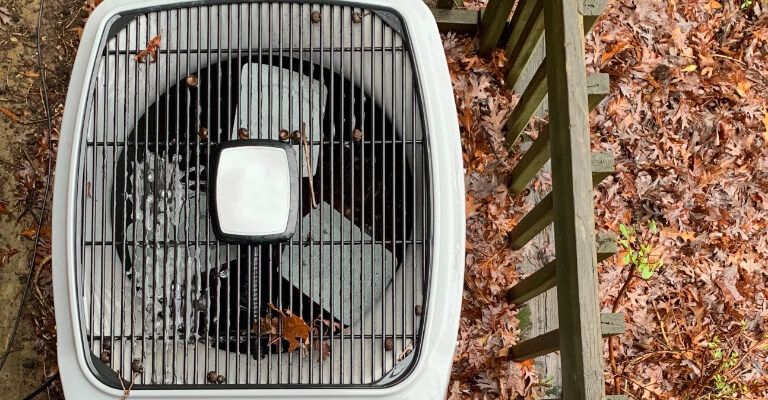The Role of Air Filters in HVAC Performance
TL;DR: Air filters are vital for maintaining HVAC efficiency and indoor air quality in California. They trap particles to prevent respiratory issues and system damage. Rated by MERV, filters need regular replacement to prevent airflow restriction and higher energy use. Types include fiberglass, pleated, HEPA, electrostatic, and activated carbon, each offering different filtration levels. Choosing the right filter improves HVAC efficiency and indoor air quality, crucial in California’s diverse conditions.
In California, where environmental conditions can vary greatly, maintaining optimal HVAC performance is essential for both comfort and health. One often-overlooked component that plays a critical role in your HVAC system’s efficiency and your indoor air quality is the air filter. Elevated Comfort, a trusted HVAC service provider in California, understands the importance of air filters in enhancing HVAC performance. In this blog, we will explore the function of air filters, the different types available, their impact on HVAC efficiency, and how they contribute to indoor air quality.
Understanding Air Filters
Air filters are integral components of HVAC systems, designed to trap dust, dirt, pollen, and other airborne particles. By capturing these contaminants, air filters prevent them from circulating through your home and causing respiratory issues or damaging the HVAC system. Regularly replacing or cleaning air filters ensures that your HVAC system operates efficiently and maintains good indoor air quality.
How Air Filters Work
Air filters work by allowing air to pass through a porous material that traps particles and contaminants. The primary function of an air filter is to clean the air that circulates through the HVAC system, which helps to protect the system and improve indoor air quality. When the HVAC system is running, air flows through the filter, and particles such as dust, pollen, mold spores, and pet dander are captured in the filter material. This process prevents these particles from being recirculated into the living spaces of your home.
Filter Efficiency Ratings
Air filters are rated based on their ability to capture particles of varying sizes. The most common rating system is the Minimum Efficiency Reporting Value (MERV), which ranges from 1 to 16:
MERV 1-4: Provides minimal filtration, capturing large particles like dust mites and carpet fibers. These filters are typically used in residential applications where the primary concern is protecting the HVAC system.
MERV 5-8: Offers better filtration, capturing smaller particles such as mold spores and pet dander. These filters are suitable for residential use and improve indoor air quality.
MERV 9-12: Captures finer particles, including lead dust and vehicle emissions. These filters are often used in homes with allergy sufferers or higher air quality needs.
MERV 13-16: Provides the highest level of filtration, capturing very small particles like bacteria and tobacco smoke. These filters are used in commercial buildings and medical facilities, but can also be beneficial for residential use, especially for those with severe allergies or respiratory conditions.
Importance of Regular Replacement
Over time, air filters become clogged with trapped particles, which can restrict airflow and reduce the efficiency of your HVAC system. A clogged filter forces the system to work harder to circulate air, increasing energy consumption and potentially leading to higher utility bills. Additionally, a dirty filter can allow dust and other particles to bypass the filter and accumulate in the HVAC system, causing wear and tear and reducing the system’s lifespan.
Types of HVAC Air Filters
There are several types of HVAC air filters, each with varying degrees of effectiveness and suitability for different environments. Understanding these options can help you choose the best filter for your needs:
- Fiberglass Filters: These are the most basic and inexpensive type of air filters. They provide minimal filtration and are primarily used to protect the HVAC system rather than improve air quality.
- Pleated Filters: Made from polyester or cotton, pleated filters have a larger surface area, allowing them to capture more particles than fiberglass filters. They are more efficient and suitable for residential use.
- High-Efficiency Particulate Air (HEPA) Filters: These filters can capture up to 99.97% of particles as small as 0.3 microns. HEPA filters are ideal for homes with allergy sufferers or those needing superior air quality.
- Electrostatic Filters: These filters use static electricity to attract and capture particles. They are washable and reusable, making them a cost-effective and environmentally friendly option.
- Activated Carbon Filters: These filters contain activated carbon, which can absorb odors and volatile organic compounds (VOCs). They are beneficial for homes with pets, smokers, or strong odors.
How Air Filters Impact HVAC Efficiency
Air filters significantly influence the efficiency and performance of your HVAC system. A clogged or dirty filter restricts airflow, making the HVAC system work harder to circulate air. This increased strain can lead to higher energy consumption and, consequently, higher utility bills. Over time, it can also cause wear and tear on the system, leading to costly repairs or replacements.
Regularly replacing or cleaning your air filters ensures that air flows freely through the system, reducing the workload on the HVAC unit and improving its efficiency. Elevated Comfort recommends checking your air filters monthly and replacing them every 1-3 months, depending on the type of filter and environmental conditions.
Air Filters and Indoor Air Quality
The quality of the air inside your home is directly affected by the type and condition of your air filters. Clean air filters effectively trap dust, pollen, pet dander, and other pollutants, preventing them from circulating through your living spaces. This is particularly important in California, where outdoor air quality can be compromised by wildfires, pollution, and other factors.
Using high-quality air filters, such as HEPA or activated carbon filters, can significantly improve indoor air quality, making your home healthier and more comfortable. Elevated Comfort can help you choose the right filter for your HVAC system to ensure optimal air quality for you and your family.
Final Thoughts
Air filters play a vital role in maintaining the efficiency of your HVAC system and ensuring good indoor air quality. Regular maintenance, including timely replacement or cleaning of air filters, can lead to significant energy savings, improved system longevity, and a healthier living environment.
Elevated Comfort is committed to helping California homeowners optimize their HVAC systems through expert advice and services. By understanding the importance of air filters and choosing the right type for your needs, you can enhance your HVAC performance and enjoy cleaner, healthier air. Contact Elevated Comfort today to learn more about how we can assist you in maintaining your HVAC system and improving your indoor air quality.




 You might be surprised to know that the majority of HVAC safety tips are actually related to maintenance. Regular HVAC maintenance is important all year round, but it becomes even more crucial in the fall as your system will be working overtime to keep your home comfortable. Follow these maintenance tips, and you’ll help ensure that your HVAC system runs safely and efficiently all season long.
You might be surprised to know that the majority of HVAC safety tips are actually related to maintenance. Regular HVAC maintenance is important all year round, but it becomes even more crucial in the fall as your system will be working overtime to keep your home comfortable. Follow these maintenance tips, and you’ll help ensure that your HVAC system runs safely and efficiently all season long. When putting this list together, we wanted to get out ahead of the most common questions we receive about HVAC safety. If you have any additional questions that aren’t answered here, feel free to reach out to our team, and we’ll be happy to help.
When putting this list together, we wanted to get out ahead of the most common questions we receive about HVAC safety. If you have any additional questions that aren’t answered here, feel free to reach out to our team, and we’ll be happy to help. The trained HVAC professionals at Elevated Comfort can help you with all your HVAC needs, including safety tips and maintenance. We offer a comprehensive
The trained HVAC professionals at Elevated Comfort can help you with all your HVAC needs, including safety tips and maintenance. We offer a comprehensive